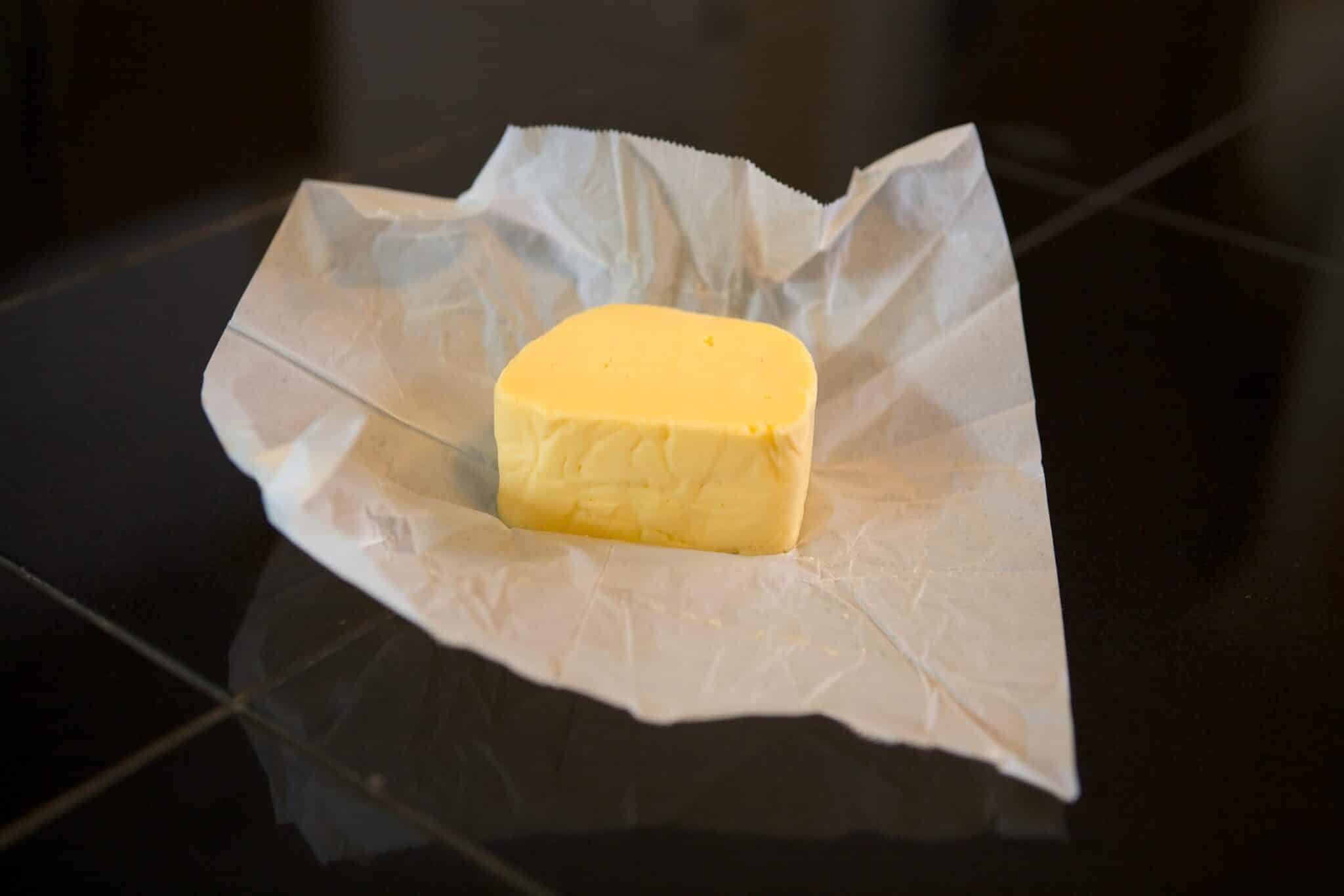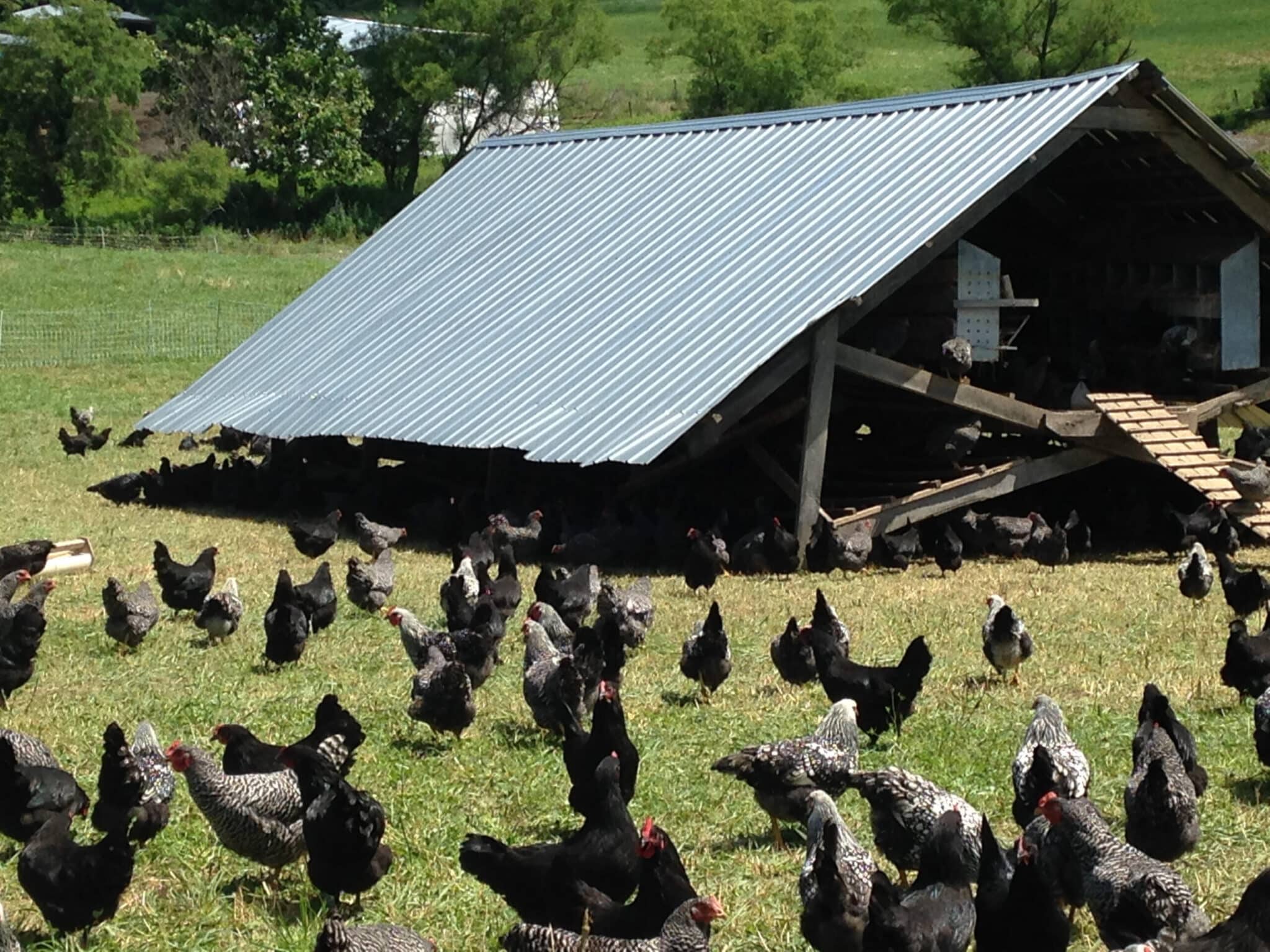Nutrient Dense Breakfasts – The Best Ways to Spend Your Food Dollar
I was blessed to be at a conference last weekend with the Founder and President of the Weston A. Price Foundation, Sally Fallon Morell. The WAPF is a non-profit organization that has been around for more than 20 years, and is all about educating the public about the importance of eating real food and its impact on health. Sally was teaching a seminar on Healthy, Traditional Diets. I have been a member of their Honorary Board since the inception of the Foundation. I, too, work to help people realize the connection between what they eat and how they feel.
One of the most important things that Sally talked about was the importance of setting our children up for success with a healthy breakfast every day. No boxed cereals. No fake bacon. No fake milk (soy, nut, etc.—certainly not soy, because of all of the phytoestrogens, and goitrogenic (thyroid suppressing) properties. Learn more from this article on the effects of soy.)
Our children need real eggs from pastured hens, real butter (you can get it from Walmart these days, folks) and if they want cereal, real oat porridge. It was sad for me to see that Americans spend less on food than they did 20 years ago, but more on medical care.
About 15 years ago, I was talking with Grass Farmer Joel Salatin of Polyface Farm. I asked him how he responded to people when they said his grassfed beef and poultry were too expensive. He said, “you can pay the farmer or you can pay the doctor. Most people I know would rather pay the farmer.” He also said that if we cut out all the fancy coffee drinks we buy from those coffee shops on every corner, or skip the X boxes or the studded jeans, we could easily have enough money to buy real food. “It’s a matter of priorities.” I agree.
I was approached to write about “stretching a food dollar”, and I’m happy to do so. I do believe that food should be the highest budget item after your mortgage or rent. And I do believe in what Joel said above: Pay the farmer or pay the doctor. I’d rather pay the farmer, and suggest that would be best for you and your family, too.

Good Eggs: Pastured, Organic
The most important food dollar is spent on good eggs. Eggs from hens on pasture; hens that eat grass and bugs. Eggs are complete protein and easy to digest. Pastured eggs are good sources of vitamins A, D and K. They have 8 times more vitamin D and two times more vitamin A than a supermarket egg. They are also high in choline and so many other nutrients – brain food. Eggs are delicious and nutritious when they come from hens on pasture. Worth every cent.
Healthy Fats!
The next most important food dollar spent is on healthy fats. Skip the tubs of highly processed rancid vegetable oils that claim to be good for the Earth. They are certainly not good for you. Many of them contain soy protein isolate and additives. Saturated fat is a critical component of every diet, and especially those of growing children. It provides the resources for all hormones including stress hormones and sex hormones. Healthy fats are grass-fed butter, duck fat, beef tallow, lamb tallow, lard (pork fat), ghee, and coconut oil. If you want to save a bundle, purchase some beef, lamb, or pork fat and render your own. Roast a duck and you will have enough duck fat for several months!
Why buy grass-fed butter? Grass- fed butter contains 10-13 times more vitamin A and 3 times more vitamin D than butter that comes from cows living in confinement. Butter should be dark yellow to almost orange in the springtime. If your butter is white, it is a telltale sign that the cows were not raised on grass. They may never have seen the sun or eaten fresh grass. Either purchase grass-fed butter – totally worth the extra pennies – or purchase organic butter, which, while it will not be as high in vitamin A or D as grass-fed, at least it will not have toxins in it from cows on feedlots. More information on why “butter is better”.
Lard from pastured pigs is also very inexpensive (especially when you render your own) and is very high in vitamin D. You can support the immune system, protect your lungs, and prevent vitamin D deficiency by cooking with lard, like your grandmother and great-grandmother did! Lard from pastured pigs has 12 times more vitamin D than conventionally raised (read “in crates”) pigs! Learn how to render your own lard.
Oatmeal
For a little variety, make soaked oatmeal. Oats naturally do not contain gluten for those who are concerned, and are incredibly inexpensive. Purchase organic, rolled oats. When you soak them overnight in warm water and a bit of yogurt, kefir, whey, (or lemon juice or apple cider vinegar for those who are dairy intolerant), they become easy to digest and stabilizing to blood sugar. I do NOT suggest that you serve instant oats or microwaved oatmeal. They will do more harm than good – chock full of phytic acid and enzyme inhibitors, oats that have not been soaked require more nutrients to break down than they provide, leaving you or your child in nutrient deficit!
Yogurt!
Homemade is best! If you can’t make your own (see my article here on how and why you should make your own yogurt), then find the best quality yogurt at the store. It will meet the following criteria: organic, whole, plain, grass-fed milk, no fillers, no sugar added. When you bring it home, take it out of the plastic container and put it into a glass jar. Put the cap on, and leave it on your counter for 24-48 hours at room temperature. This will allow the beneficial bacteria (lacto-bacilli) to pre-digest the rest of the sugar in the yogurt, making it lactose-free. After 24-48 hours, place the jar in the refrigerator.

Soaked Oatmeal
Ingredients
1 cup rolled, organic oats (not quick oats)
1 cup warm, filtered water
2 tablespoons whey, yogurt, kefir, lemon juice, or apple cider vinegar
Another cup of water
2 tablespoons grass-fed butter and 2 tablespoons raw cream (or coconut oil and coconut cream)
Instructions
Combine all the above in a bowl. Put a plate or towel on the bowl, and leave on the counter for 12-24 hours.
When you are ready to cook, bring another cup of water to the boil in a saucepan. Pour the bowl of oats into the boiling water, stirring well. Bring the oat mixture to a boil, then put to a simmer, stirring. When your burner is at its lowest temperature, you may put the lid on and cook for about 5 minutes.
When the oats are done, pour into a bowl with 2 tablespoons of grass-fed butter and or raw cream. (Important! You must add the fat. If you don’t, you can’t absorb the vitamins in the oatmeal, and you could have a blood sugar crash in an hour or two. Not to mention that you just won’t feel satisfied!) If you cannot do the butter or cream, substitute coconut oil and coconut cream.
Do NOT Purchase Conventional Bacon
Another quick note on stretching your breakfast dollar: do not skimp on quality bacon or sausage. It is better not to purchase it at all (or have it as a treat, once a week) than to serve bacon or sausage from confined animals fed GMO grains. As you all know by now, fat stores toxins, and you don’t want to be eating or serving toxic bacon or sausage. Even if it IS on sale.
I hope this article has helped to define the most important foods on which to spend your food dollars. For more information on where to find clean food in your area: https://www.westonaprice.org/find-nutrient-dense-foods/
Look for a local chapter near you.
Monica Corrado, MA, CNC, CGP is a teaching chef, Certified Nutrition Consultant, and Certified GAPS Practitioner who is passionate about illuminating the connection between food and well-being. A member of the Honorary Board of the Weston A. Price Foundation for almost 20 years, Monica is a dynamic teacher, speaker, consultant, and author who lives to share the tools, knowledge and inspiration to cook nourishing, traditional food. Monica is also The GAPS (Gut and Psychology Syndrome™) Chef”, and teaches cooking for the GAPS diet for Dr. Natasha Campbell-McBride’s GAPS Training team.
www.simplybeingwell.com
FB: Simply Being Well: Cooking for Wellbeing
Twitter: @simplybeingwell
IG: mcsimplybeingwell

